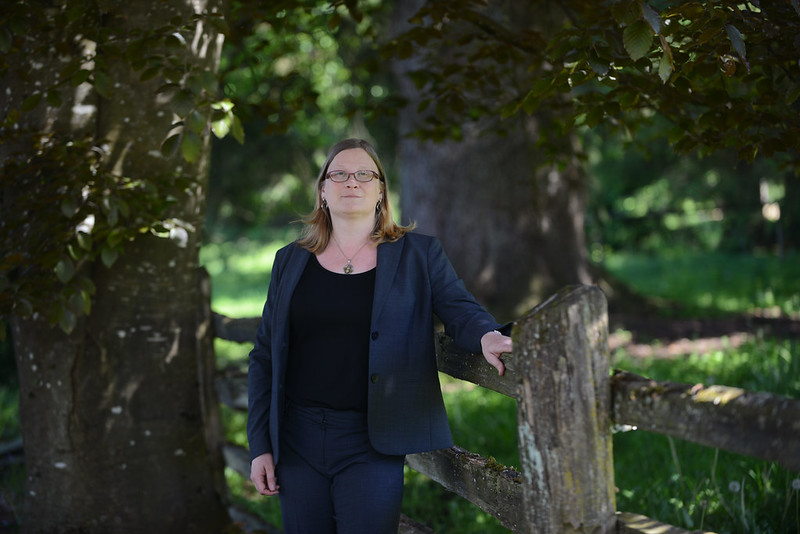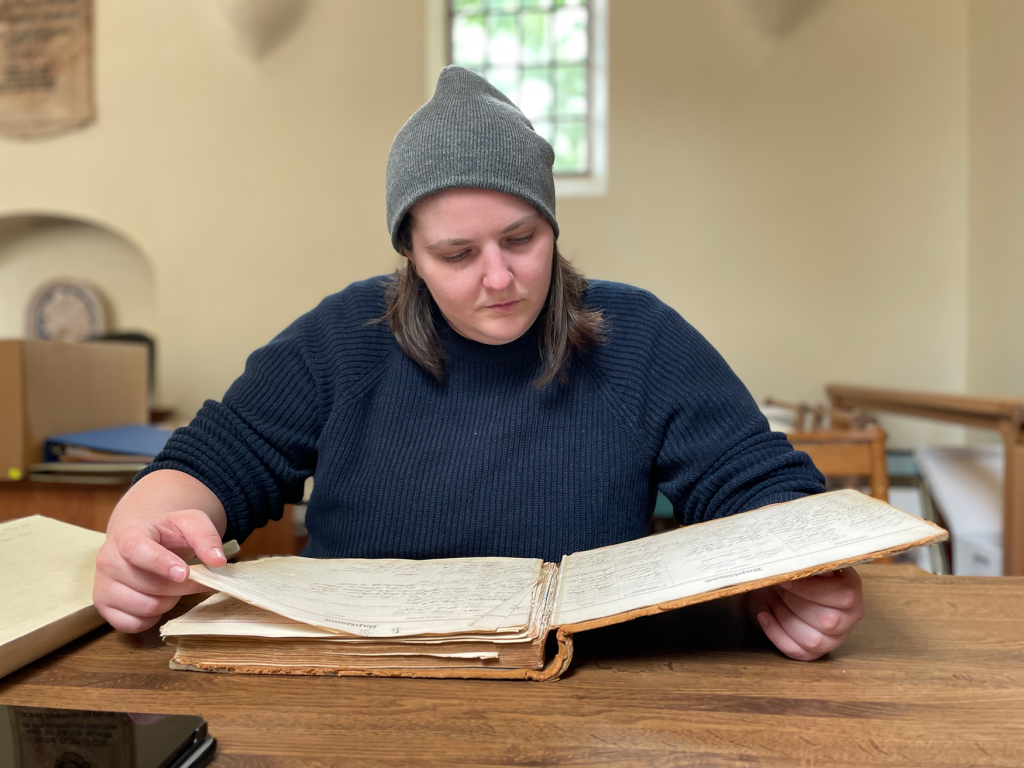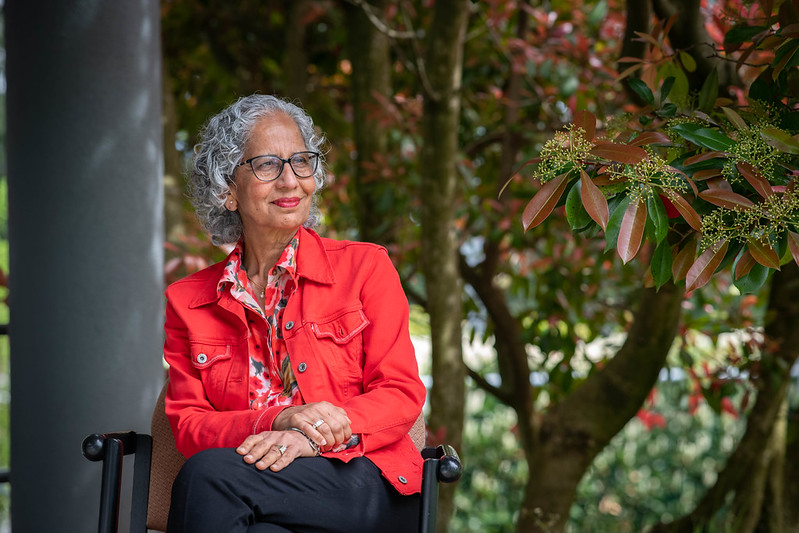What is philosophy for children?
Children, like adults, are philosophically curious. They ask deep questions about concepts and issues that are of central importance to human life and experience.
Philosophy for Children is an educational approach that gives children opportunities to reflect on philosophically rich questions in dialogue with other children. Through teacher facilitated discussions, children learn to support their claims, listen to each other, and think carefully about reasons as they work towards answering philosophical inquiry questions. Typical topics for Philosophy for Children sessions include friendship, change, fairness, self, and freedom. Age-appropriate stories or activities are used to prompt philosophical exploration: Can you be friends with a robot? If you had everything you ever wanted but were in a prison, would you be free? What does it mean to be brave?
Philosophy for Children enhances children’s critical, collaborative, and creative thinking skills, communication skills, and self-esteem, providing an excellent foundation for further learning. Moreover, philosophical inquiry is valuable in and of itself. Children enjoy and benefit in a myriad of ways from philosophical dialogue and the experience of having their questions and voices heard.

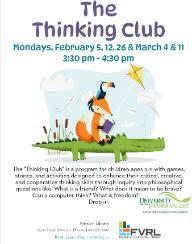 The "Thinking Club" is a program for children ages 9-11 with games, stories, and activities designed to enhance their critical, creative, and cooperative thinking skills through inquiry into philosophical questions.
The "Thinking Club" is a program for children ages 9-11 with games, stories, and activities designed to enhance their critical, creative, and cooperative thinking skills through inquiry into philosophical questions.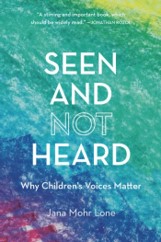 Advisory Board Member Jana Mohr Lone recently published the book
Advisory Board Member Jana Mohr Lone recently published the book 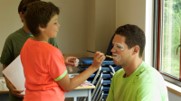
 Sarah graduated from UFV with a BA in Philosophy and volunteered at the Thinking Playground Summer Camps. She is currently studying Law at McGill University.
Sarah graduated from UFV with a BA in Philosophy and volunteered at the Thinking Playground Summer Camps. She is currently studying Law at McGill University.